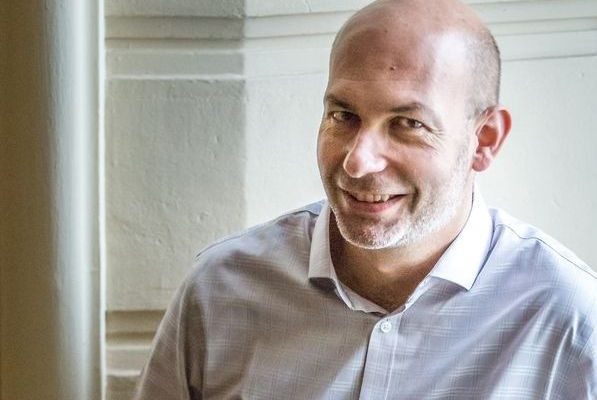In psychology, everyone has an opinion. Researchers are therefore often confronted with surprising beliefs. Like the one that has become popular in recent years and according to which “gifted” children, or children with high intellectual potential, that is to say with a high intelligence quotient (IQ), are more at risk than others of being failing at school, hypersensitive, anxious, depressive, dyslexic, etc. This belief is paradoxical, as intelligence seems rather useful for succeeding in school and facing the difficulties of life. But of many media don’t have ceased of relay this ideafrom a few psychologists.
It took six years and five successive studies for my colleagues and myself to come to terms with this myth. Study after study, in both children and adults, we have found that people with high IQs have better academic results, do not have more psychological problems than others, and sometimes even have fewer. We also understood why some shrinks had the opposite impression: it’s because they only see people with high IQs who have good reason to consult. And yet, this myth keeps resurfacing, it is part of the “zombie ideas”: no matter how much you kill them, they keep coming back.
I recently made the connection between this myth and another strange belief that I had encountered earlier in my career: that children with dyslexia (who have specific difficulties in learning to read) have advantages in other cognitive domains. Certainly, people with dyslexia can, like everyone else, have special talents. But according to the proponents of this idea, these advantages would systematically be located either in the visuo-spatial domain, or in creativity. These particular talents would predispose people with dyslexia to professions requiring these skills, such as the visual arts or architecture. Again, the various studies that have attempted to test this hypothesis have failed to produce convincing results. But the legend lives on.
The poor do not make enough effort and the victims have a little sought it?
What do these beliefs have in common? It seems to me that in both cases one can invoke “belief in a just world“. This is the general idea that the world is subject to certain balances and justice: events do not happen by chance and people get what they deserve. One implication of this belief is that, faced with a situation that seems particularly unjust, one seeks hypothetical explanations that make it more just.This tendency is spontaneous in human beings, underlies multiple religious traditions and is responsible for many easily observable attitudes.
For example, rich people may think that the poor are not trying hard enough to get out of poverty, which restores in their minds a form of justice in inequalities. There is also a frequent tendency to blame the victims of crimes (of rape, in particular), some of whom believe that they had undoubtedly “a little sought” or “deserved” it. In desperation for just cause, some invoke “the inscrutable ways of the Lord”.
Yes, it’s really too unfair!
In the same way, confronted with a child carrying a disorder or a chronic disease, one wants to believe that he has natural compensations. For example, that the dyslexic child has talents in other areas that will allow him to flourish anyway. Symmetrically, the gifted child who seems to succeed in everything better than the others annoys, we say to ourselves that he must have some faults or problems, otherwise it would be really too unfair! In sum, my hypothesis is that these beliefs that I encountered in my research are only one of the many manifestations of the belief in a just world.
But this is only a cognitive bias. No, the poor don’t do it on purpose, the victims aren’t guilty, the gifted don’t often fail, and the dyslexic aren’t more creative. The world is as it is, trouble is trouble, victims are victims, and some people are luckier than others. The world is fundamentally unjust, acknowledging this is the first step in trying to fix or reduce these injustices rather than justify them.
* Franck Ramus is research director at the CNRS and director of the “Cognitive development and pathology” team in the cognitive and psycholinguistic science laboratory of the Ecole Normale Supérieure in Paris.
